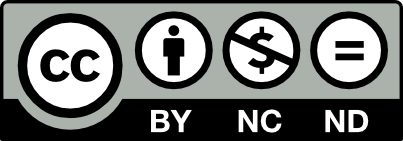Identity Construction of Filipino BA English Language Students in Facebook Groups as Virtual Communities of Practice (VCoP)
DOI:
https://doi.org/10.24191/cplt.v11i2.2096Keywords:
Identity Construction; BA English Language Students; Facebook Group; Virtual Communities of Practice; FilipinoAbstract
Identity is not an invariable attribute of an individual, but it is a partially versatile, adaptable, and multi-aspect construction representative of oneself. Learning is successful when students can construct an identity that allows them to assert their right to be heard and become the subject of the discourse (Castaneda, 2011). With the shift from face-to-face conduct of classes to flexible learning modality during the pandemic, Facebook has been commonly used as an alternative platform in conducting virtual classes that becomes the digital habitat of both teachers and students. The researchers argue that Facebook’s closed group creates virtual communities of practice (VCoP), which served as an efficient tool in the teaching and learning process during the time of pandemic. To date, very few studies exist that investigate the same or related focus of the present study in the Philippines. Thus, through qualitative method using hermeneutic phenomenology by conducting semi-structured interviews with 15 freshmen BA English language students. This study explores the roles established by students in their Facebook closed groups and the ways they employ in the groups to connect academically with their teachers and classmates. Findings revealed that the identities employed by students are learner-teacher interaction, sense of belongingness, and active commenter in learning tasks. The findings also revealed that the respondents used Facebook as an extension of the teaching and learning process, as compliance with academic objectives, and as an integrated online learning platform. Future studies may include other platforms such as Google classroom and Moodle for a wider scope of investigation.
Published
How to Cite
Issue
Section
License
Copyright (c) 2024 Liziel Ann Altejar, Rubie Lyn Sintos, Juliet Agao, Den Bacus, Edzil Isaias, Joseph P. Nacionales

This work is licensed under a Creative Commons Attribution 4.0 International License.







